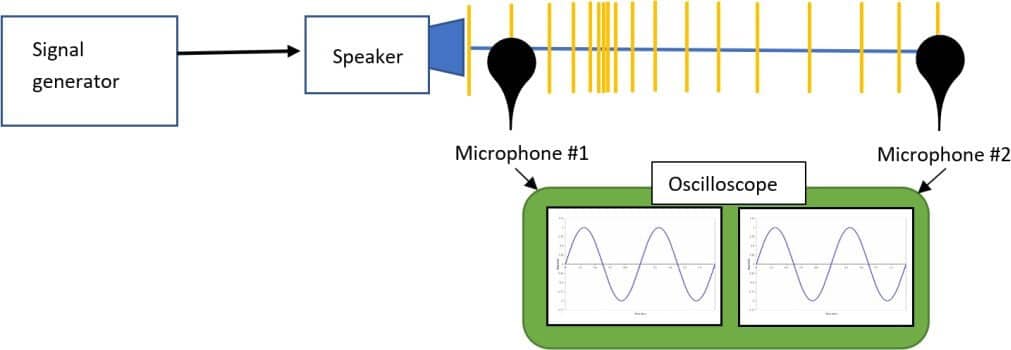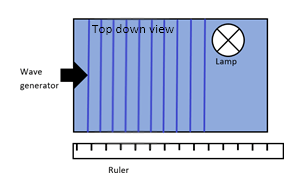Table of Contents
Week 1 | English Grammar
Day 4 |I am doing (present continuous)
Day 5 |Are you doing? (present continuous questions)
Day 6 |I do/work/like (present simple)(present continuous questions)
Week 2 | English Grammar
Day 1 |I don't... (present simple negative)
Day 2 |Do you...? (present simple questions)
Day 3 |I am doing (present continuous) I do (present simple)
Day 4 |I have... and I've got...
Day 6 |Worked/got/went etc (past simple)
Week 3 | English Grammar
Day 1 |I didn't... did you...? (past simple negative and questions)
Day 2 |I was doing (past continuous)
Day 3 |I was doing (past continuous) and I did (past simple)
Day 4 |I have done (present perfect 1)
Day 5 |I've just... I've already... I haven't...yet (present perfect 2)
Day 6 |Have you ever...? (present perfect 3)
Week 4| English Grammar
Day 1 |How long have you...? (present perfect 4)
Day 3 |I have done (present perfect) and I did (past)
Day 4 |Is done, was done (passive 1)
Day 5 |Is being done, has been done (passive 2)
Day 6 |Be/have/do in present and past tenses
Week 5| English Grammar
Day 1 |Regular and irregular verbs
Day 2 |What are you doing tomorrow?
Week 6| English Grammar
Day 2 |Must, mustn't, don't, need to
Day 6 |Do this! Don't do that! Let's do that
Week 7| English Grammar
Day 2 |There is... There are...
Day 3 |There was/were... There has/have been... There will be...
Day 6 |Have you? Are you? Don't you? etc
Week 8| English Grammar
Day 1 |Too/either/so am I/neither do I etc
Day 2 |Isn't/haven't/don't etc (negatives)
Day 3 |Do they? Is it? Have you?
Day 4 |Forming questions (who/what/why/where/when/which)
Day 5 |What...? Which...? How...?
Day 6 |How long does it take...?
Week 9| English Grammar
Day 1 |Do you know where...? I don't know what... etc
Day 2 |He/she said that... He/she told me that...
Day 3 |Work/working Go/going Do/doing
Day 4 |I want you to... I told you to...
Day 5 |I went to the shop to...
Day 6 |Go to... Go on... Go for... Go -ing... Get…
Week 10| English Grammar
Day 4 |I/me He/him They/them etc
Day 6 |Whose is this? It's mine/yours/hers etc
Week 11| English Grammar
Day 1 |Myself/yourself/themselves etc
Week 12| English Grammar
Day 2 |All/most/some/any/no/none etc
Week 13| English Grammar
Day 2 |If we go... if you see... etc
Day 3 |If I had... If we went... etc
Day 4 |A person who... A thing that/which (relative clauses 1)
Wave related experiments
Waves are really useful, you can do a lot with them. Their used in telephones and electronics, the modern age is what it is in part to our understanding of waves. Bellow are some basic experiments that allow us to observe the properties of waves.
- The Speed of Sound
Sound is the transference of vibrational energy through collisions between neighbouring molecules. In air we know the speed of sound to be 330ms-1. We can prove this using:
- Tape measure
- Signal generator
- Microphones
- Oscilloscope
Then set up as shown below:

a) Using the frequency generator choose a frequency and play it through a connected speaker.
b) Using microphones connected to an oscilloscope we can observe the wave produced on screen. Moving the second microphone from the first one find the next point along the sound wave where the wave repeats in sync.
c) Measure the distance between microphones, it’s the wavelength of the wave ?.
d) Using ??? = ? we can calculate the speed of sound in air.
2. Speed of Water ripples
Water ripples are a lot easier to measure the speed of it can be done with some low-tech equipment. You will need:
- Wave generator
- See through water tray
- Lamp
- Camera
- Stopwatch
- Ruler
Then set up like so:
You’d set up a water tray with a wave generator at one end and place a lamp over it and a ruler underneath. Once the wave

generator is turned on you’ll see the waves rippling across. These ripples will cast a shadow onto the surface bellow the tray, now using a camera or stop watch we can figure out how long it takes a wave to travel a given distance. Then using the time taken and distance we can calculate the waves velocity, since velocity = distance/time.
Take note both of the experiments above deal with longitudinal waves. As a result, when moving from one medium to another the wave speeds will change. These waves will travel faster when entering a denser medium.

